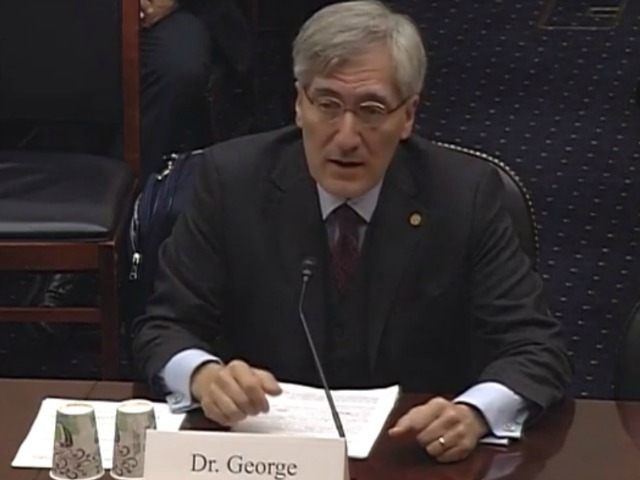The House Foreign Affairs Committee is investigating what it calls a “global crisis” of religious freedom, and the resulting challenge to U.S. Foreign Policy.
Dr. Robert P. George, Chairman of the independent U.S. Commission on International Religious Freedom (USCIRF), addressed the committee during a hearing, discussing the importance of religious liberty in the contemporary global geopolitical landscape and urging the Obama administration to take important steps to shore up the U.S. commitment to religious freedom worldwide.
Contradicting the tendency of the current government to speak of the more limited “freedom of worship,” George described freedom of religion as “a broad, inclusive right that embraces the full range of thought, belief, and behavior.”
It means, he said “the right of all human beings to think as they please, believe or not believe as their conscience leads, and live out their beliefs openly, peacefully, and without fear.”
The USCIRF chairman also underscored the statistical relationship between the public defense of religious freedom and social and economic prosperity. According to a number of studies, George said, “in countries that honor and protect this right, religious freedom generally is associated with vibrant political democracy, rising economic and social well-being, and diminished tension and violence.”
“In contrast, nations that trample on religious freedom are more likely to be mired in poverty and insecurity, war and terror, and violent, radical extremism,” he said.
Turning to more concrete issues, George criticized the Obama administration’s inertia in following up on countries that countenance or permit serious infractions against religious liberty. He noted, for instance, that one of the most powerful tools the White House possesses for promoting religious liberty is its designation of grievous offenders as “countries of particular concern” or CPCs. Despite the fact that the president is supposed to issue a renewed list of CPCs every year, “after 2006 designations were made infrequently and inconsistently.”
Moreover, he said, “the State Department’s CPC list largely has stayed the same over time,” ignoring a changing political landscape and giving the impression of a situation of status quo. Despite the USCIRF’s continual appeals to the State Department to enlarge its list of CPCs to include such egregious offenders of religious liberty as Egypt, Iraq, Pakistan, Syria and Tajikistan, from year to year the State Department list has remained virtually unchanged.
The other area of critique levelled by George was the lack of recourse to sanctions to apply pressure to offending nations, thus giving the impression that violations of religious liberty really aren’t that important to the U.S. government.
Along with other recommendations, George proposed that the Obama administration make “greater efforts to ensure that foreign government officials are denied entry to the United States due to their inadmissibility under U.S. law for their responsibility for particularly severe religious freedom violations abroad.”
Follow Thomas D. Williams on Twitter @tdwilliamsrome

COMMENTS
Please let us know if you're having issues with commenting.